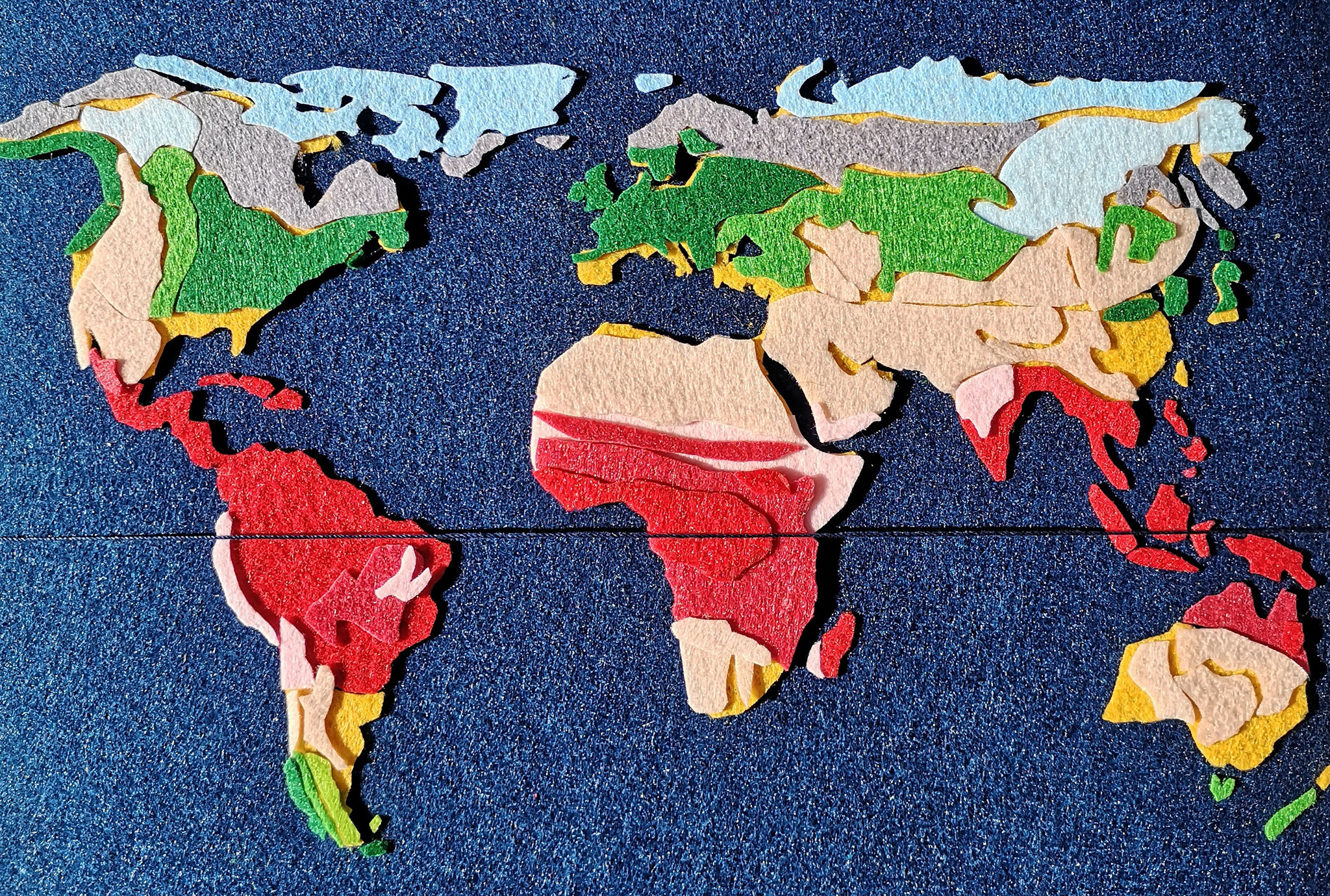New theses on the Anthropocene
 © LIB, K.Schmidt-Loske
© LIB, K.Schmidt-Loske
What value does the past have for the Anthropocene as an epochal caesura in the face of climate change and biodiversity loss? Experts from the cultural, social and natural sciences will explore this question together for the first time at this year’s annual conference of the Leibniz Research Alliance ‘Value of the Past’ at Museum Koenig Bonn. The event from 25-27 September is aimed at a specialist audience and the general public.
The aim is to provide new impetus to the current debate on the age of man with twelve harmonised theses. The Anthropocene is currently being controversially discussed as a new geological epoch, especially among geoscientists.
With this new epochal caesura, we need to rethink the relationship between humans and nature and also the understanding of space, history and time – across different disciplines. Geological, biological, economic, social, ideological and historical diagnoses all come together here. The experts at the conference will discuss the relationship between nature and culture, the consequences of climate change, biodiversity loss and urbanisation, alternative concepts such as the Technocene and the Capitalocene, as well as the debate on sustainability and the limits to growth. The conference is also dedicated to the question of what impact the Anthropocene is having on historical thinking and concepts such as progress and modernity and how museums and collections are responding to this with new concepts and formats in research and education.
The conference is being organised by the Leibniz Research Alliance ‘Value of the Past’ and thus by 22 Leibniz Institutes, including the Leibniz Institute for the Analysis of Biodiversity Change with the Museum Koenig Bonn as the host institution and the Senckenberg Gesellschaft für Naturkunde (SGN).
In his evening lecture on Wednesday, 25 September at 7.30 pm entitled ‘Is it time for an Anthropocene 2.0?’, Prof. Dr Mark Lawrence, Scientific Director at the Research Institute for Sustainability ( RIFS) in Potsdam, will reflect on the development of the Anthropocene concept and shed light on its rise, decline and possible renaissance. In doing so, he raises the question of whether the concept of the Anthropocene needs to be rethought. Among other things, he also explores the question of whether there is – or perhaps will be – a connection between an Anthropocene 2.0 and the growing debate about climate engineering.
More about the annual conference incl. registration:
https://bonn.leibniz-lib.de/de/zfmk/veranstaltungen/jahrestagung-lfv-wert-der-vergangenheit-2024-raum-zeitenwende-des-anthropozaens
(free of charge, registration deadline 10.9.)
More about the public lecture
https://bonn.leibniz-lib.de/de/zfmk/veranstaltungen/ist-es-zeit-fuer-ein-anthropozaen-20-oeffentlicher-abendvortrag
(free admission, no registration required)
Contact:
Leibniz Institute for the Analysis of Biodiversity Change (LIB)
Museum Koenig Bonn
Dr Katharina Schmidt-Loske
Head of Biohistoricum
K.Schmidt-Loske@leibniz-lib.de
+49 228 9122-269


